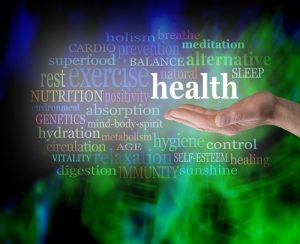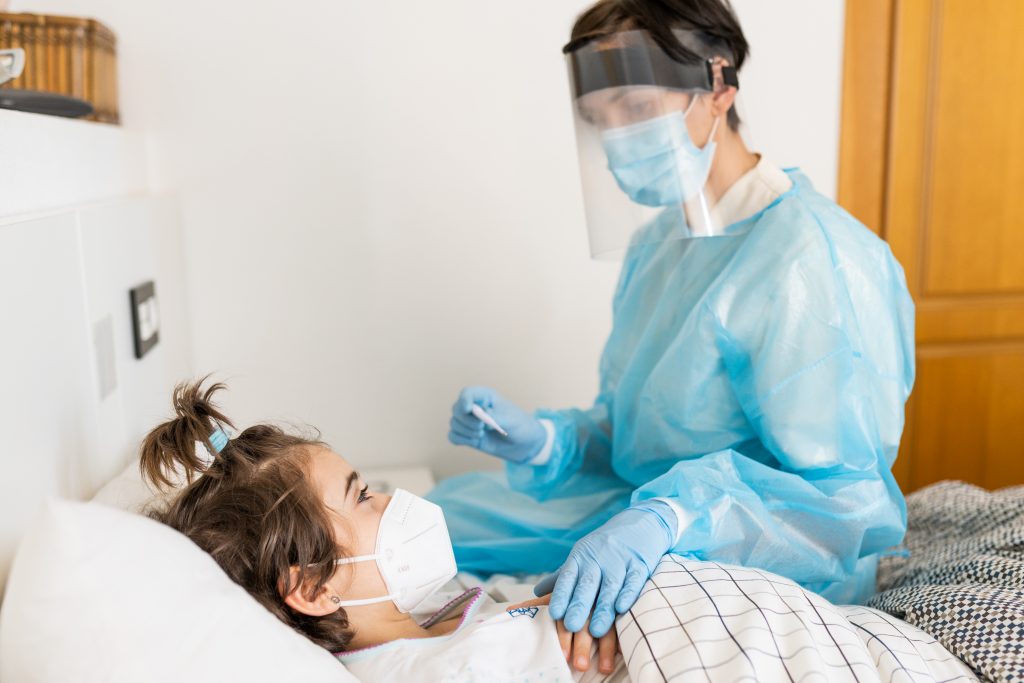 By: Tara Tonsetic, CHC
By: Tara Tonsetic, CHC
Have you ever started a fitness program, but didn’t see it through to completion? Or, on the flip side, change your way of eating but it just didn’t feel right to you? Maintaining good overall wellness is super important to our everyday lives. Partnering with a Health Care Life Coach might just be the perfect solution to finding what works best for YOU!
Having good insight on your own personal wellness journey is invaluable. There are so many areas to consider, not just what you eat and how you exercise, but your mindset, attitude, how you live, and so much more. Consider hiring a Health Care Life Coach to help guide you through this process. A Coach can help to define your goals, make you conscious of your highs and lows, and most importantly help you to make a plan and hold you accountable to work that plan. A Health Coach is going to help to connect together all the areas of your life for the better.
When hiring a Health Care Life Coach, you want to build a trusting relationship where there is open and honest communication. Your coach will want you to be successful in whatever you define as your success and will help you get there through one-on-one sessions, hands-on exercises, and take away reading homework, to name a few. You may also look to hire someone who can assist with a specific focus that needs attention such as weight loss, stress management, increasing your energy levels, and addiction. There are many coaches out there that specialize in these various areas and more. Define what you would like to accomplish overall and research to find the best person out there to help you do YOU!
Remember to keep these few tips in mind when choosing the best coach for You:
A Health Care Life Coach should provide one-on-one support and take a genuine interest in helping you achieve your goals. A Health Care Life Coach will help you define the life YOU want to live and help you to make a plan to get there.
MOST IMPORTANT: Remember, YOU are always in total control of your actions and goals. The process of working with a coach will allow you to become more self-aware so that you can make the best decisions in any situation that may pop up. You will know what success means to you and you will become your own expert overtime. Happy coaching!
If you are Health Care Professional and are interested in becoming a Professional Life Care Coach, the American Institute of Health Care Professionals, Inc. offers a full curriculum of Continuing Education Courses that leads to a national Certification in Health Care Life Coaching. You may access information on our program by visiting this page.
Additional Readings:
What is a Health Coach and Should you Hire One? Access here ( https://bit.ly/3xSTZd5 )
Health Coaching for Patients with Chronic Illness Access here (https://www.aafp.org/fpm/2010/0900/p24.html )
Why Health Care Needs Health Coaches Access here (https://www.physicianspractice.com/view/why-healthcare-needs-health-coaches )
Tara Tonsetci, CHC, is a Certified Health Coach. She may be reached at: tara.tonsetic@gmail.com



